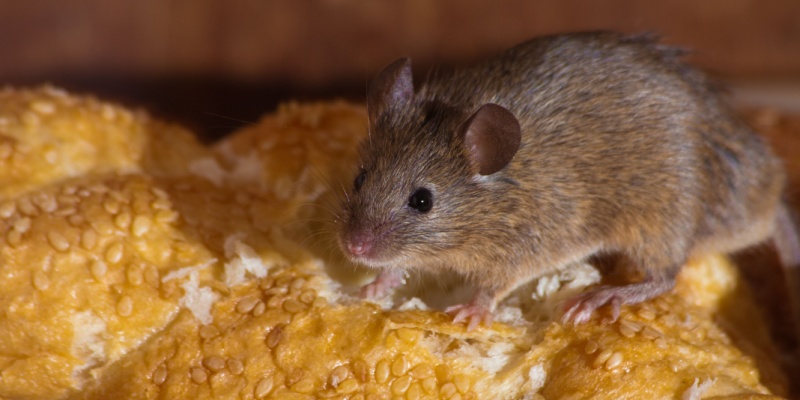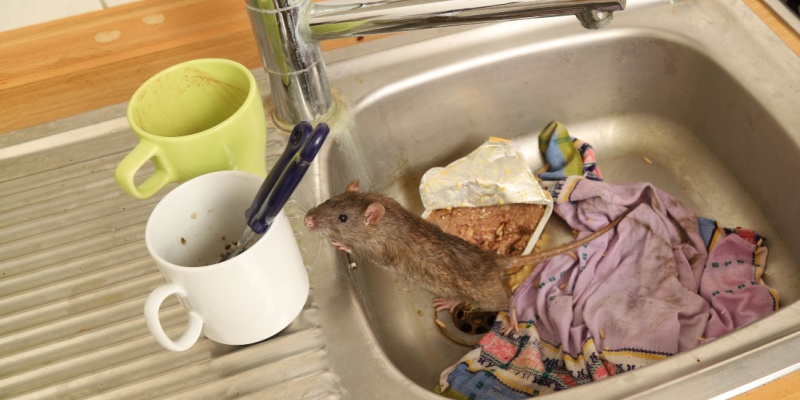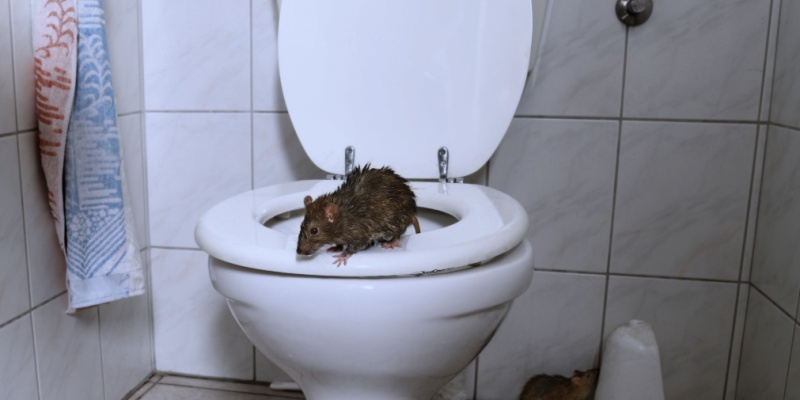Franklin, TN, is known for its charming historic homes and beautiful landscapes. However, like many other places, it’s not immune to problems with rodents such as mice and rats. If you’re a homeowner in Franklin, understanding the prevalence of these pests can help you take preventive measures to protect your home.
Why Are Mice and Rats Attracted to Homes?
1. Food Sources
Rodents are constantly searching for food. Homes with easily accessible food supplies are particularly attractive. Improperly stored food, pet food left out overnight, and crumbs can lure these pests inside.
2. Shelter
Mice and rats seek warm and safe places to nest. They often invade homes during colder months or when outdoor conditions become unfavorable. Your basement, attic, or even kitchen cabinets can become their new residence if they find them suitable.
3. Water Availability
Rodents need water to survive. Leaky pipes, pet water bowls, and even condensation can provide the necessary moisture they seek. Any standing water around your home can attract them.
Signs of a Rodent Infestation
1. Droppings
Both mice and rats leave droppings near feeding areas or nesting sites. Rat droppings are larger (about 1/2 inch long) compared to mouse droppings (about 1/4 inch long). Finding droppings is a clear sign of an infestation.
2. Gnaw Marks
Rats have stronger jaws and leave more significant gnaw marks on woodwork, plastic, or wires, while mice leave smaller gnaw marks but can still cause considerable damage. These marks are often found on food packaging or structural components of your home.
3. Nests
Nests made from shredded materials like paper or fabric are common indicators of rodent activity. Rats tend to build nests in secluded areas, such as basements or attics, where they feel safe from human disturbances.
4. Scratching Noises
Both mice and rats are nocturnal; you may hear them moving around at night. Listen for noises in walls, ceilings, or under floors which might indicate their presence as they scurry about looking for food.
5. Grease Marks
Rodents leave greasy smudges along their travel routes due to the oil on their fur. These marks are more pronounced in rats due to their larger size and frequent movement along the same paths.
6. Tracks
In dusty areas like basements or attics, you might see footprints or tail marks. Sprinkling flour or talcum powder along suspected paths can reveal tracks which confirm their presence.
Prevalence of Rats and Mice in Franklin, TN
1. Climate Factors
Franklin’s temperate climate provides an inviting environment for rodents year-round. Colder winters drive rodents inside seeking warmth and shelter making homes particularly vulnerable during these months.
2. Urbanization
The growing urbanization of Franklin means more opportunities for rodents to find food and shelter within human habitats. Construction activities can displace rodents from their natural habitats into homes causing an increase in infestations.
3. Historic Homes
Older homes with many entry points such as gaps in foundations or roofs are more susceptible to rodent infestations. The charm of historic homes comes with unique challenges including maintaining rodent-proofing measures.
When to Get Professional Help
If you suspect a significant infestation or if preventive measures don’t seem to be working, consider hiring professional pest control services. Experts can assess the situation accurately and implement targeted strategies to eliminate the infestation effectively.
Mice and rats are indeed a common problem for Franklin homeowners due to the area’s climate, urbanization, and the nature of historic homes. By understanding why these rodents are attracted to homes and recognizing the signs of an infestation, you can take proactive steps to protect your property. Regular inspections, proper food storage, sealing entry points, maintaining cleanliness, addressing water sources, and seeking professional help when necessary are all essential strategies in keeping your home rodent-free.
Taking these preventive measures seriously not only safeguards your property but also ensures a healthier living environment for you and your family.




